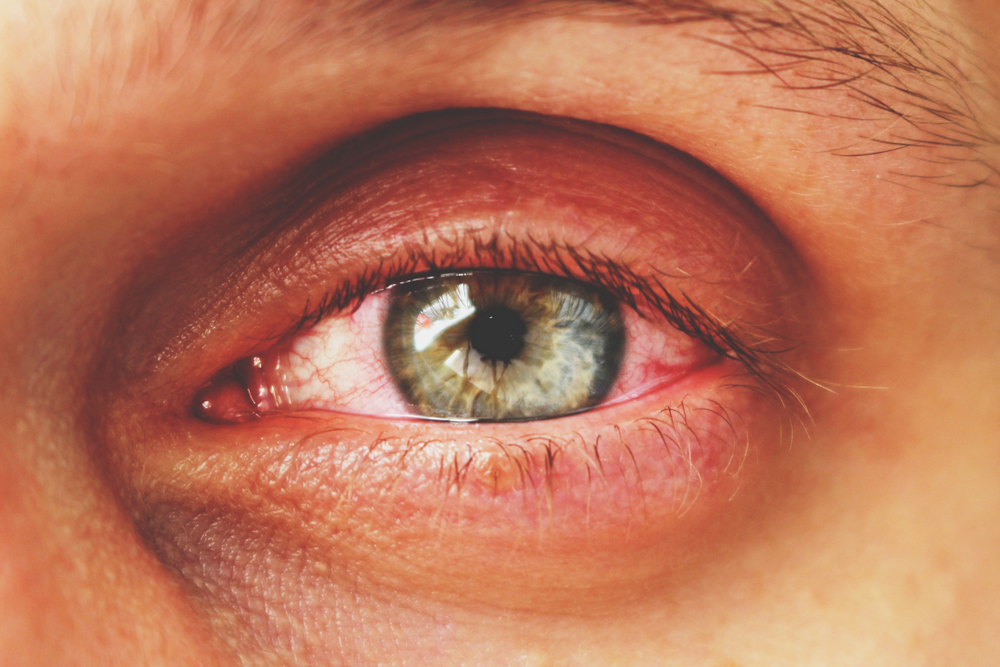
The retina is a thin, light-sensitive layer of tissue located at the back of your eye. It's responsible for converting light into electrical signals that are then transmitted to your brain, allowing you to see. Retinal detachment occurs when this delicate tissue becomes separated from the underlying layer of blood vessels that nourish it.
When the retina becomes detached, it can no longer function properly, leading to vision problems and, if left untreated, permanent vision loss. Retinal detachment is a medical emergency that requires prompt attention to prevent further complications and preserve your sight.
Causes of Retinal Detachment
There are several potential causes of retinal detachment, including:
- Aging: As you get older, the vitreous (the gel-like substance that fills the inside of your eye) can start to shrink and pull away from the retina, increasing the risk of detachment.
- Eye Injuries: Trauma to the eye, such as a blow or a puncture wound, can cause the retina to become detached.
- Myopia (Nearsightedness): People with high myopia have a greater risk of developing retinal detachment due to the elongated shape of their eyeballs.
- Previous Eye Surgery: Certain eye surgeries, such as cataract removal or laser vision correction, can increase the likelihood of retinal detachment.
- Underlying Medical Conditions: Conditions like diabetes or a family history of retinal detachment can also contribute to the development of this eye problem.
How Retinal Detachment Affects Your Vision
Retinal detachment can have a significant impact on your vision, depending on the extent and location of the detachment. Some of the ways it can affect your everyday life include:
- Blurred or Distorted Vision: The detached retina can cause blurred, distorted, or wavy vision, making it difficult to perform tasks that require clear, sharp vision, such as reading, driving, or using a computer.
- Loss of Central or Peripheral Vision: Depending on the location of the detachment, you may experience a loss of central vision or peripheral vision. This can make it challenging to navigate your environment, recognize faces, or engage in activities that require good all-around vision.
- Difficulty with Depth Perception: Retinal detachment can also affect your depth perception, making it harder to judge distances and navigate stairs, curbs, or other obstacles.
- Increased Sensitivity to Light: Some people with retinal detachment may experience increased sensitivity to light, which can be uncomfortable and disruptive in everyday situations.
These vision changes can have a significant impact on your daily life, making it harder to perform routine tasks, engage in hobbies, or maintain your independence. It's essential to work closely with your ophthalmologist to manage the effects of retinal detachment and find ways to adapt to the changes in your vision.
Treatment Options for Retinal Detachment
There are several effective treatment options available for retinal detachment. The specific treatment approach will depend on the severity and location of the detachment, as well as any underlying causes.
- Scleral Buckle: In this procedure, a small silicone band is placed around the eye to gently push the wall of the eye inward, relieving the tension on the retina and allowing it to reattach.
- Vitrectomy: This surgery involves removing the vitreous gel from the eye and replacing it with a gas or oil bubble to help the retina reattach.
- Laser Surgery or Cryotherapy: These techniques use focused energy (laser or freezing) to create small burns or scars around the detached area, helping to seal the retina back in place.
Your ophthalmologist will work with you to determine the best treatment approach based on your individual needs and the specific details of your condition.
Get in Touch with Gulf Coast Retina Center Today
Retinal detachment can be a challenging and disruptive condition, but with the right treatment and support, many people are able to maintain good vision and continue living their lives to the fullest. By understanding the causes, symptoms, and treatment options, you can take an active role in managing your eye health and preserving your vision.
If you or a loved one are experiencing symptoms of retinal detachment, contact Gulf Coast Retina Center. We are dedicated to providing comprehensive, personalized care to help you maintain your vision and improve your quality of life. Visit our office in Sarasota or Venice, Florida. Call (941) 312-2769 to be seen today.








